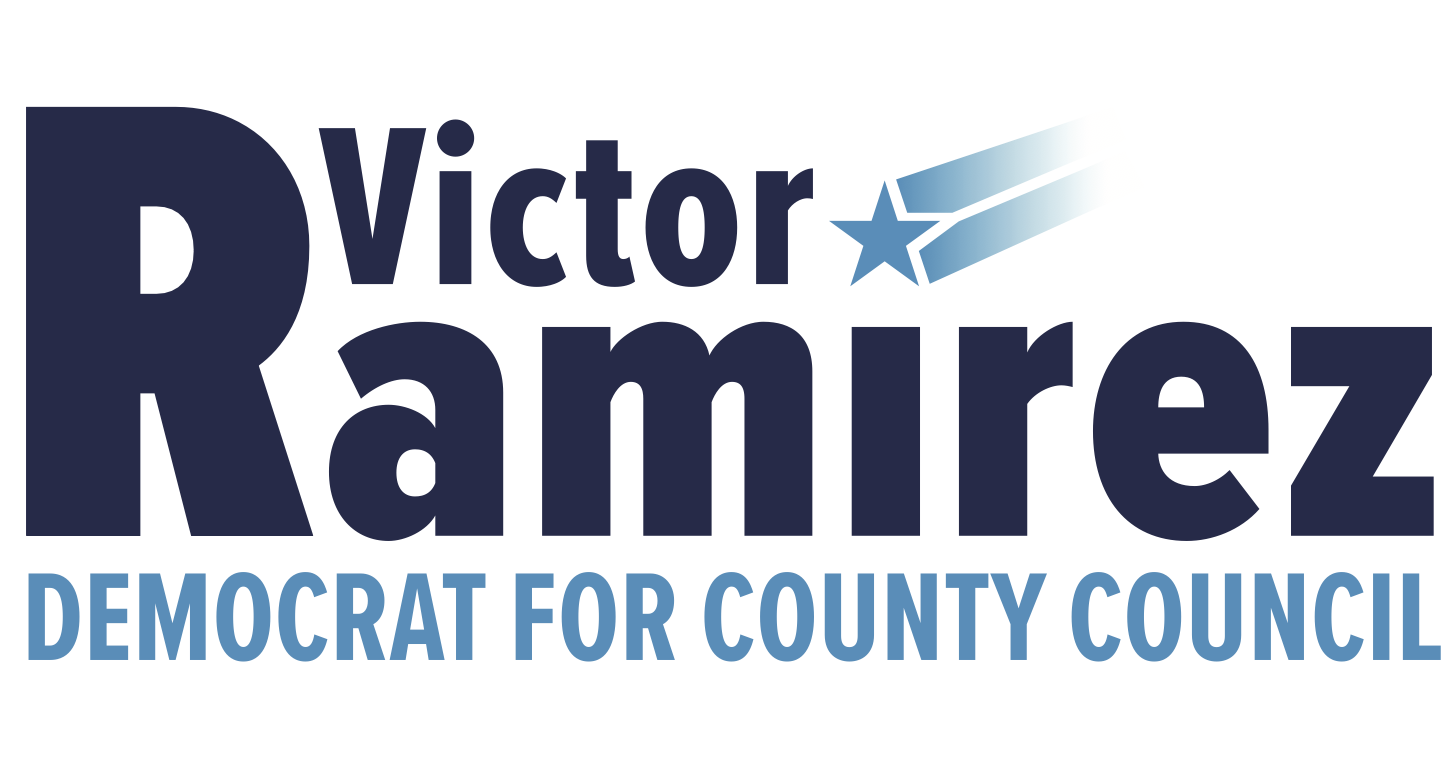Paid Sick Leave Becomes Law In Maryland As General Assembly Overrides Hogan’s Veto
The Maryland Senate on Friday voted to override Gov. Larry Hogan’s veto of a bill that would require businesses with more than 15 employees to provide workers with up to five days of paid sick leave per year.
The 30-17 vote followed a similar move in the House of Delegates on Thursday, and ensures that the paid sick leave bill first approved by the General Assembly last year will become law. Eight states already require businesses to offer paid sick leave, as do D.C. and Montgomery County.
The veto override comes only three days into the General Assembly’s 90-day legislative session, and was seen by many as the marquee showdown between Hogan, a popular Republican governor who faces re-election this year, and the Democratic-controlled assembly. But despite the Democrats’ partisan advantage, the outcome was never assured.
Last year the Senate approved the bill with 29 votes, exactly what it would need to override a veto, and there were hints that some of those Democratic votes could be turned. Instead, the opposite happened, with Sen. Bobby Zirkin (D-Baltimore County) switching his vote to support overriding Hogan’s veto.
The debate in both the House and Senate followed a relatively predictable script. Democrats argued that the bill would give more than a half-million workers in the state access to paid time off, and improve the business climate by making employees more likely to stay in their jobs for longer periods of time. Republicans countered that the bill would instead increase operating costs for many businesses, leading them to hire fewer people.
“You’ve got these businesses that are struggling, and you’re putting more and more on them,” said Senate Minority Leader J. B. Jennings (R-Baltimore/Harford).
They also said Democrats were ignoring an alternate paid sick leave bill introduced by Hogan, which Republicans said would exempt more small businesses and provide incentives to businesses that offer the leave, instead of fining them.
But Democratic senators responded that they had introduced numerous amendments to accommodate business concerns, and that Hogan had refused to negotiate with them as the bill worked its way through the General Assembly last year. Waiting any longer, they said, was not acceptable.
“How much longer do we wait? We’re already late to the game,” said Sen. Victor Ramirez (D-Prince George’s County). “Every day we don’t do anything, it continues to be late.”
Now that Hogan’s veto has been overridden, the paid sick leave bill will become law in 30 days. Republicans worry that businesses won’t be able to adapt to the new law that quickly, and that the state won’t be ready to explain and enforce the provisions and exemptions. In the Senate, Democrats said any flaws in the bill could be addressed as they came up, prompting a Hogan spokesperson to say legislators should focus on those flaws and also pass a tax-relief bill introduced by the governor. But Democratic leaders also say they will consider extending the implementation date to allow state agencies and businesses to prepare.
“Now that the political posturing is over, it’s time for the legislature to get down to the business of fixing the serious flaws in the bill,” said spokeswoman Amelia Chasse in a statement. “We urge legislators to fast track the governor’s Small Business Relief Tax Credit to ensure employers aren’t forced to close their doors and lay off their employees.”
In a statement, Charly Carter of Maryland Working Families hailed the passage of the paid sick leave bill.
“By passing critical votes to override the veto on paid sick leave, the legislature has proven their commitment to helping families achieve economic security and undoing harmful employment policies that penalize low wage workers caregivers and disproportionately affect women,” she said.
